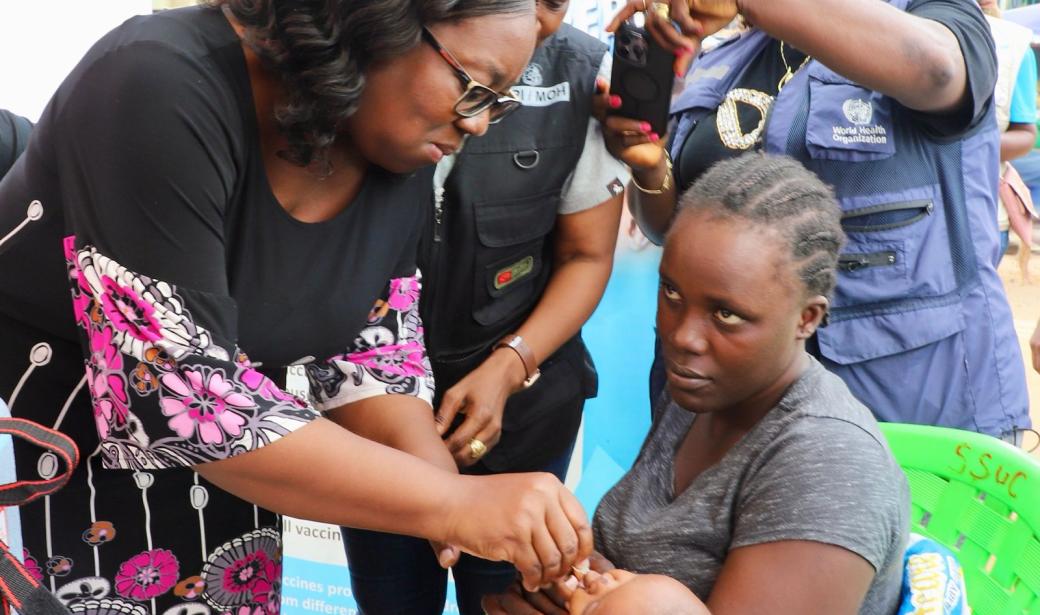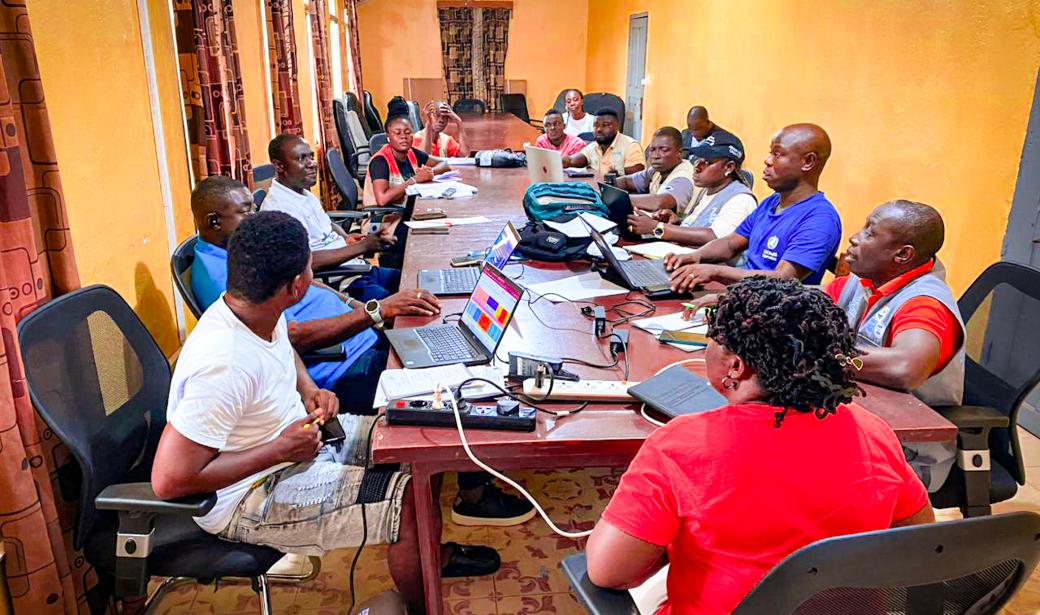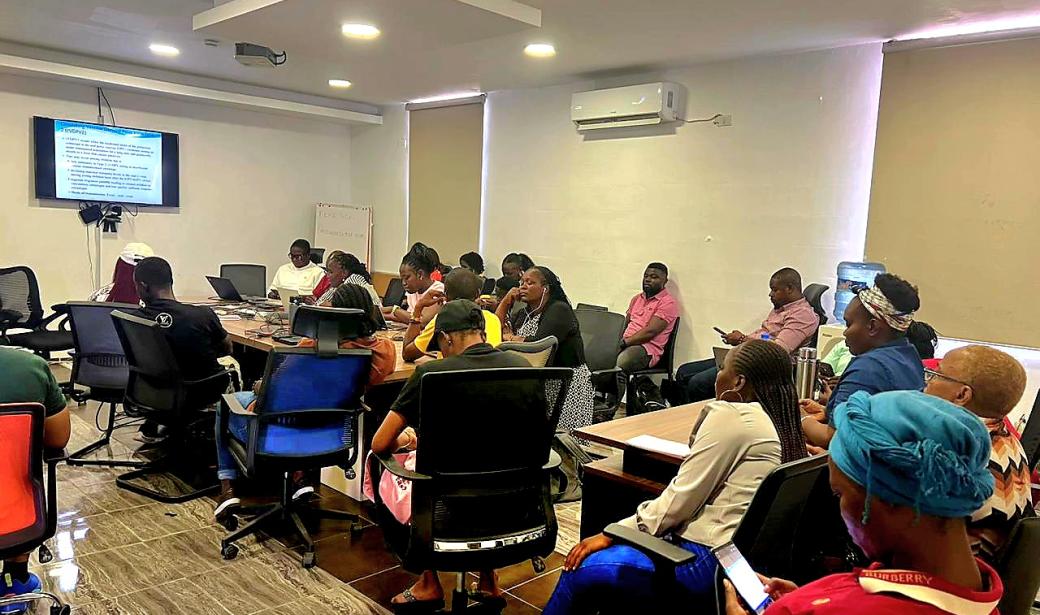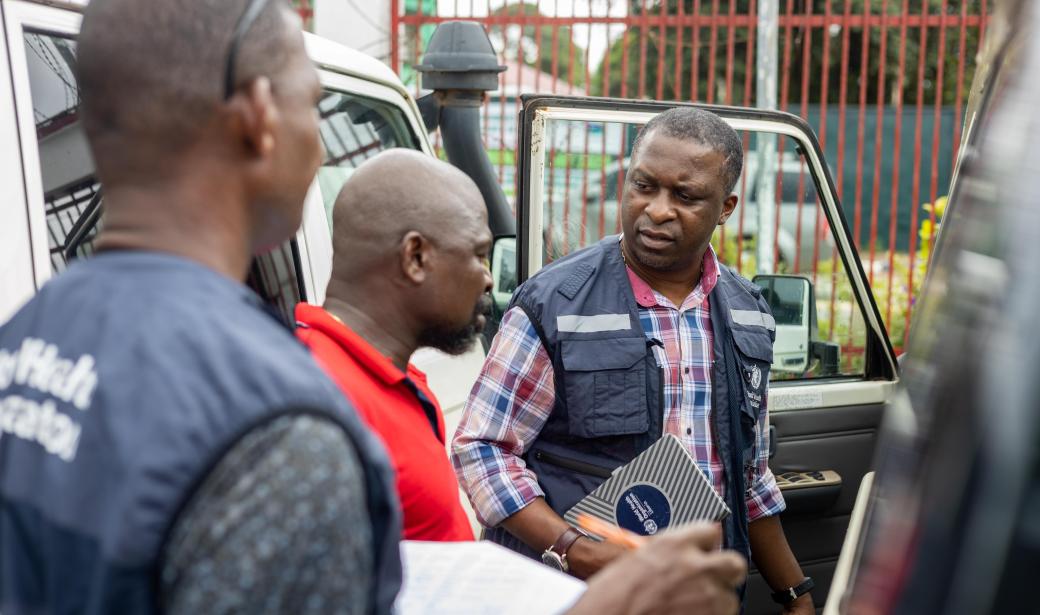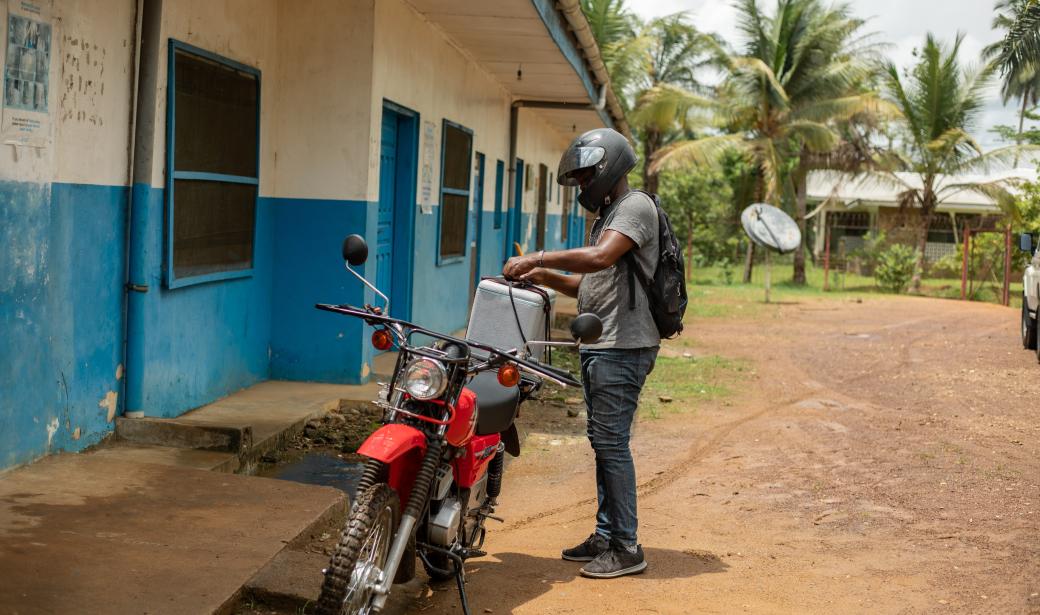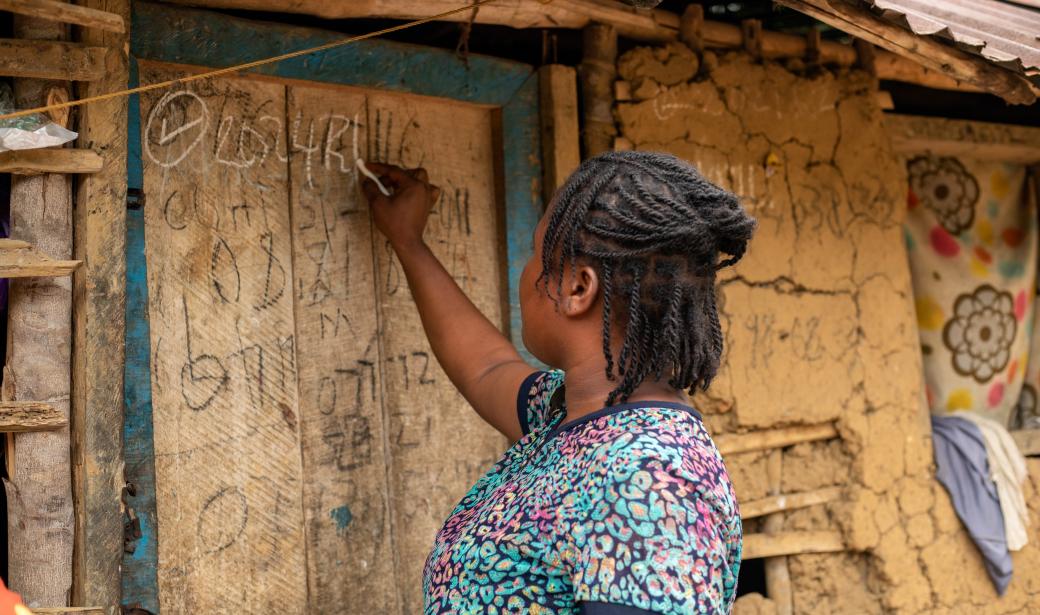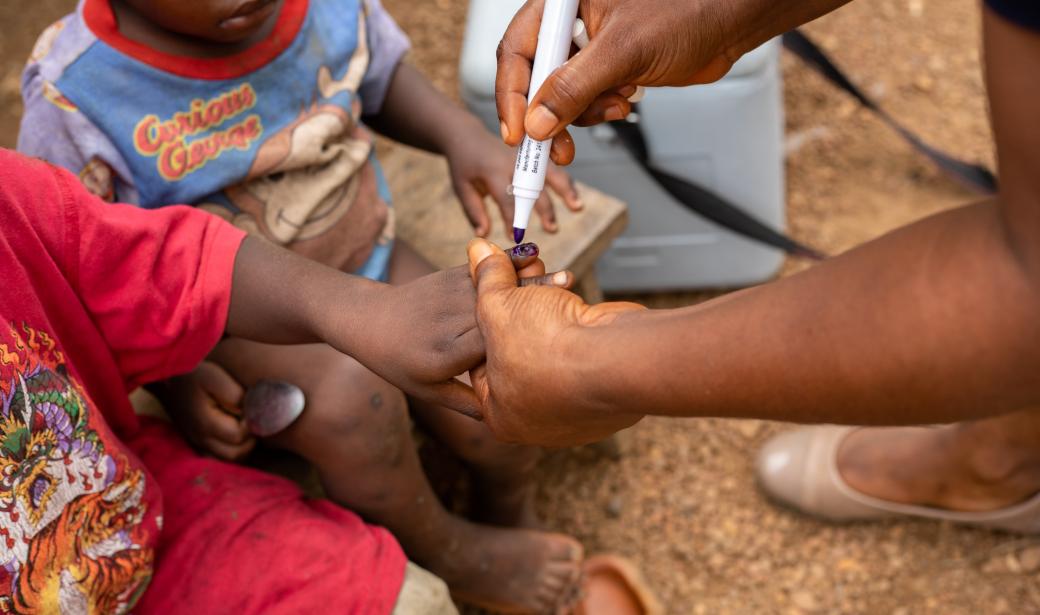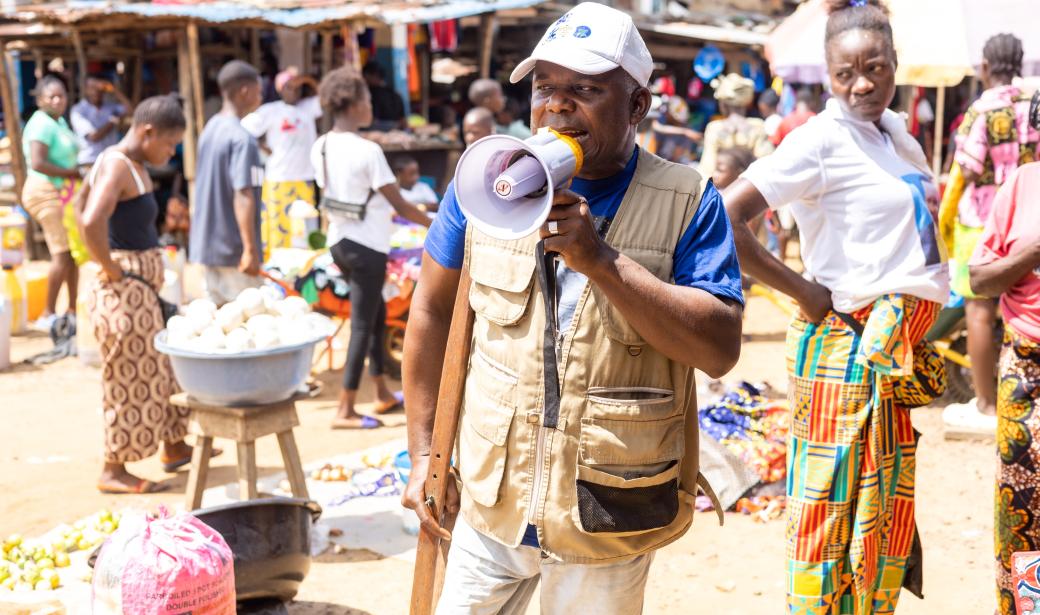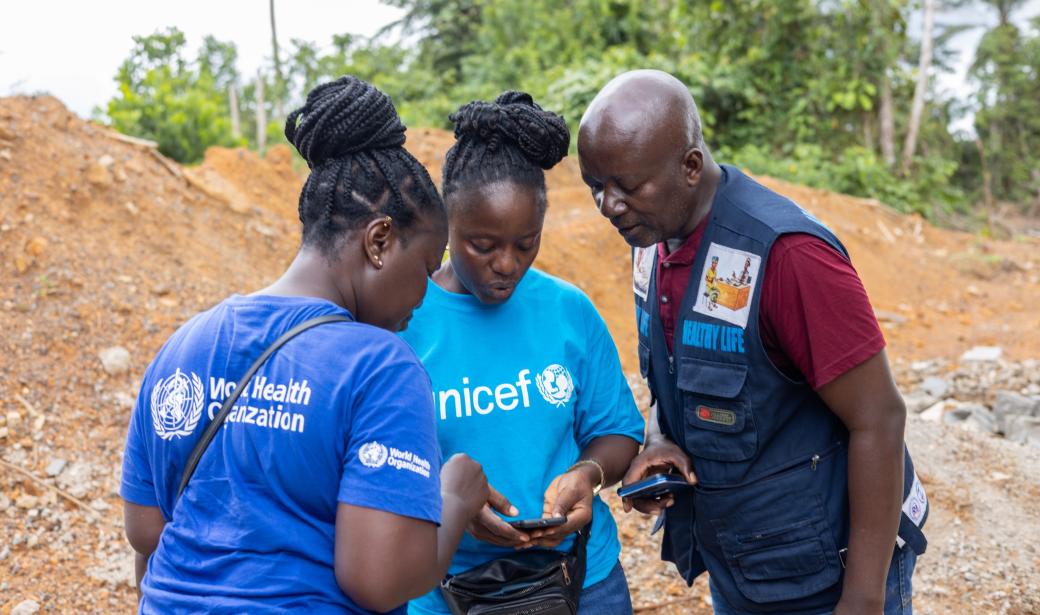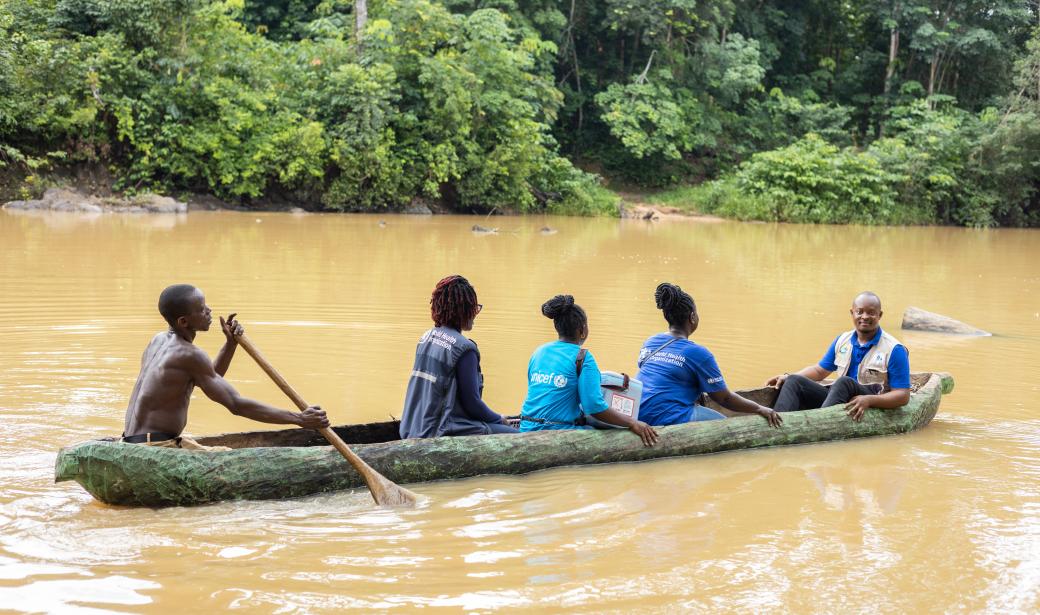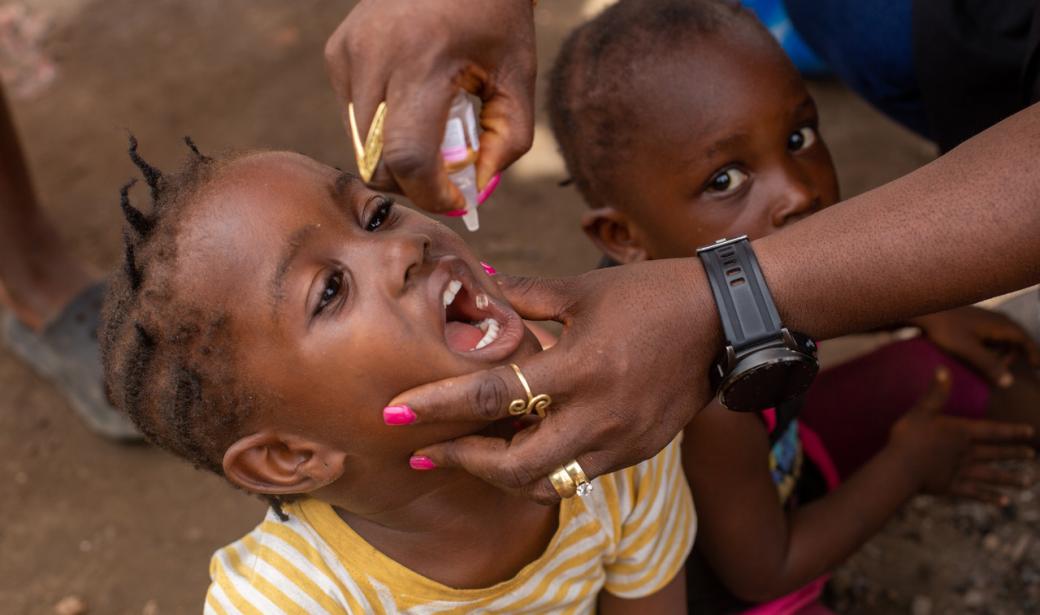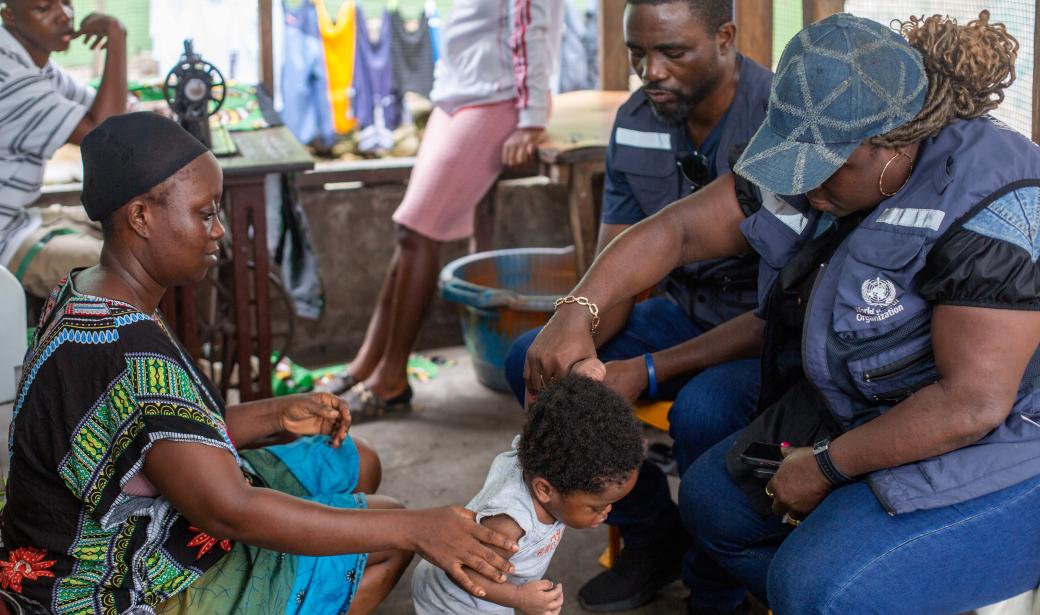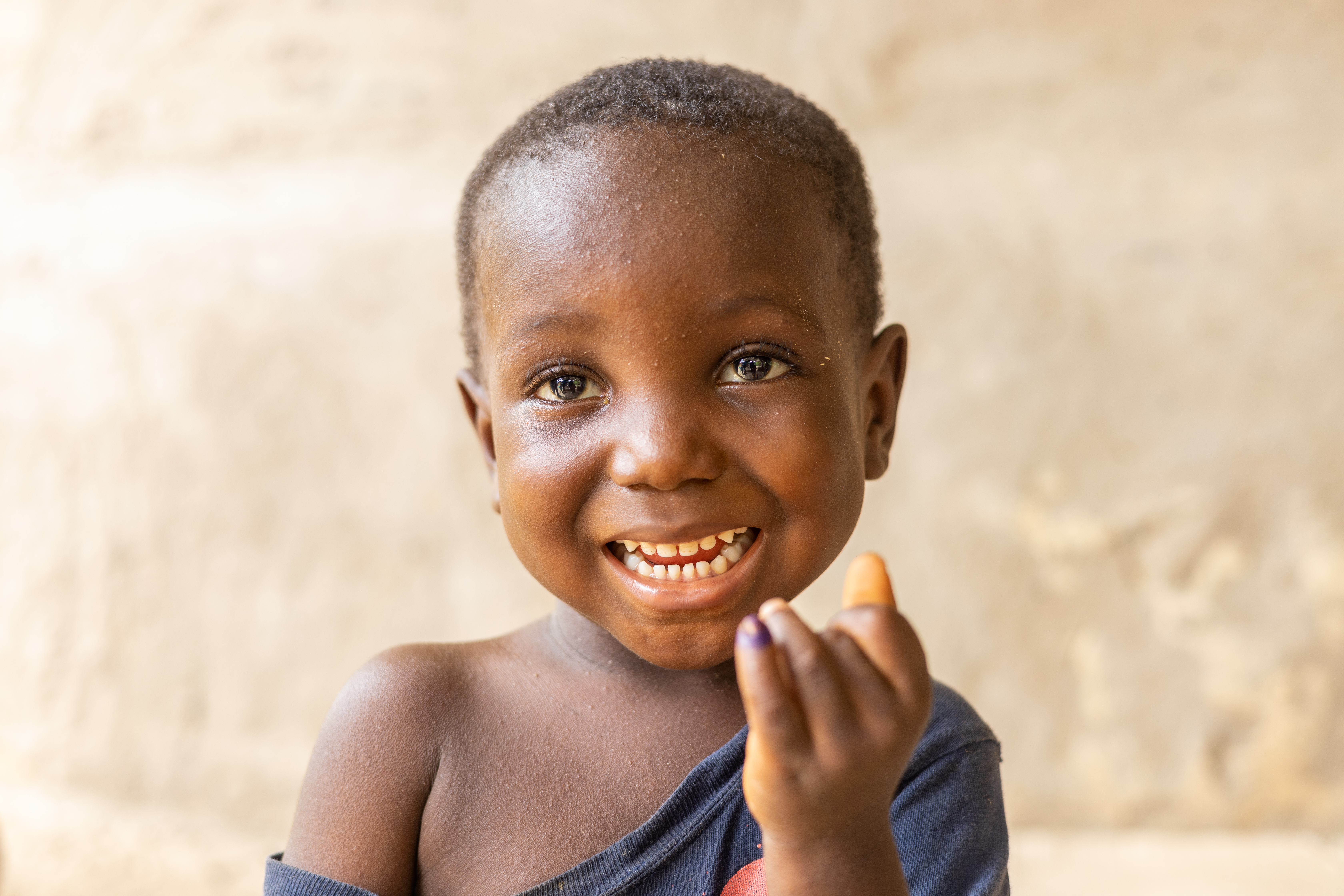
Monrovia: Liberia has achieved a remarkable milestone in its fight against polio, reaching 876,573 children under the age of five with the polio vaccine in the first round and 927,673 children in the second round of the nationwide polio campaign respectively. This monumental immunization effort saw more than 7,647 trained frontline workers, in teams of three each, go door-to-door, market-to-market, and school-to-school, ensuring that every eligible child received the necessary protection against the polio virus. In 2021, Liberia introduced the novel type 2 oral polio vaccine (nOPV2), becoming the second country after Nigeria to introduce the vaccine under the WHO’s emergency use listing (EUL) license in Africa.
On February 23, 2024, Liberia's Ministry of Health declared the circulating variant type 2 poliovirus (cVDPV2) outbreak following the confirmation from environmental surveillance. In response to the cVDPV2 Liberia conducted the first round of the immunization campaign from May 10th to 13th, 2024, targeting approximately 857,768 children across all 15 counties. This round exceeded expectations, vaccinating 876,573 children and achieving an impressive 102% administrative coverage.
During the national launch of the first round of the polio campaign conducted in Montserrado on May 10th, 2024, the Deputy Minister of Health/Chief Medical Officer, Dr. Catherine Cooper emphasized that polio is a public health emergency calling for a swift and coordinated response to protect children.
"Polio is a public health emergency, and the occurrence of the outbreak in Liberia requires us to make sure that all children are protected," she said. She also thanked all partners for their support and the MOH officers for demonstrating ownership and working alongside the partners.
In support of the national efforts , representatives from United Nations Children’s Fund (UNICEF), the World Health Organization (WHO), and other partners continued to offer their support throughout the campaign. "I am deeply moved by the dedication and commitment shown by everyone involved in this nationwide campaign. Our goal is clear - to ensure that every child under the age of five is vaccinated and protected from this debilitating disease. We believe that every child, no matter where they live, has the right to a healthy future. This campaign is not just about administering vaccines; it’s about safeguarding the future of Liberia’s children. Together, we can kick Polio out of Liberia," said Andy Brooks, UNICEF Representative in Liberia.
In a special video broadcast message on May 10th, 2024, the WHO Representative, Dr. Clement Peter, encouraged parents and guardians to ensure their children receive the polio vaccine, highlighting the dangers of polio as an infectious disease. "Polio is a very infectious disease and can lead to permanent paralysis and death in children as it attacks the nervous system," he said. Dr. Peter further highlighted the benefits of preventing polio through vaccination, "Polio is preventable through the administration of vaccines, which have enabled Liberia to achieve much progress in the fight against polio. The vaccines are safe, effective, and free." He encouraged all parents, caregivers, and guardians to ensure that all children under five years of age are vaccinated against this deadly disease. The messages by the government and partners seem to have been well received by parents across the country, who ensured their children were vaccinated.
During the launch, Rotarian Dr. Yatta Wapoe of the Rotary Club of Liberia briefed the gathering on the sampling process and results that led to the pronouncement of the polio outbreak. She called upon caregivers to ensure all children are protected.
Additionally, at the technical level, coordination meetings with GPEI technical experts have been ongoing since the outbreak notification. A National Emergency Operations Center (EOC) has been operational throughout the campaign for technical coordination, led by an Incident Manager (IM). At the end of each day of the campaign, district teams reviewed the progress made and relayed the information to the National Emergency Operations Center (EOC).
"Through unity and determination, most of the world has overcome the shadow of polio. Let its eradication be a beacon of hope, reminding us that with perseverance, even the most daunting challenges can be conquered," said Michael Essien. “I am inspired by the tenacity of the Liberian people, and I know that together, we will finish the job so no child ever has to live in fear of polio again.”
The dedication and hard work of Liberia’s healthcare workers, supported by international partners and local communities, have brought the country closer to eradicating polio. This comprehensive and coordinated effort demonstrates the power of partnership, dedication, collaboration and commitment to eradicate polio as public health emergency.
Communications Officer
Phone : (231) 775704529
Email: nangwalel [at] who.int
EPI Technical Officer( Team Lead)
abdullahis [at] who.int




